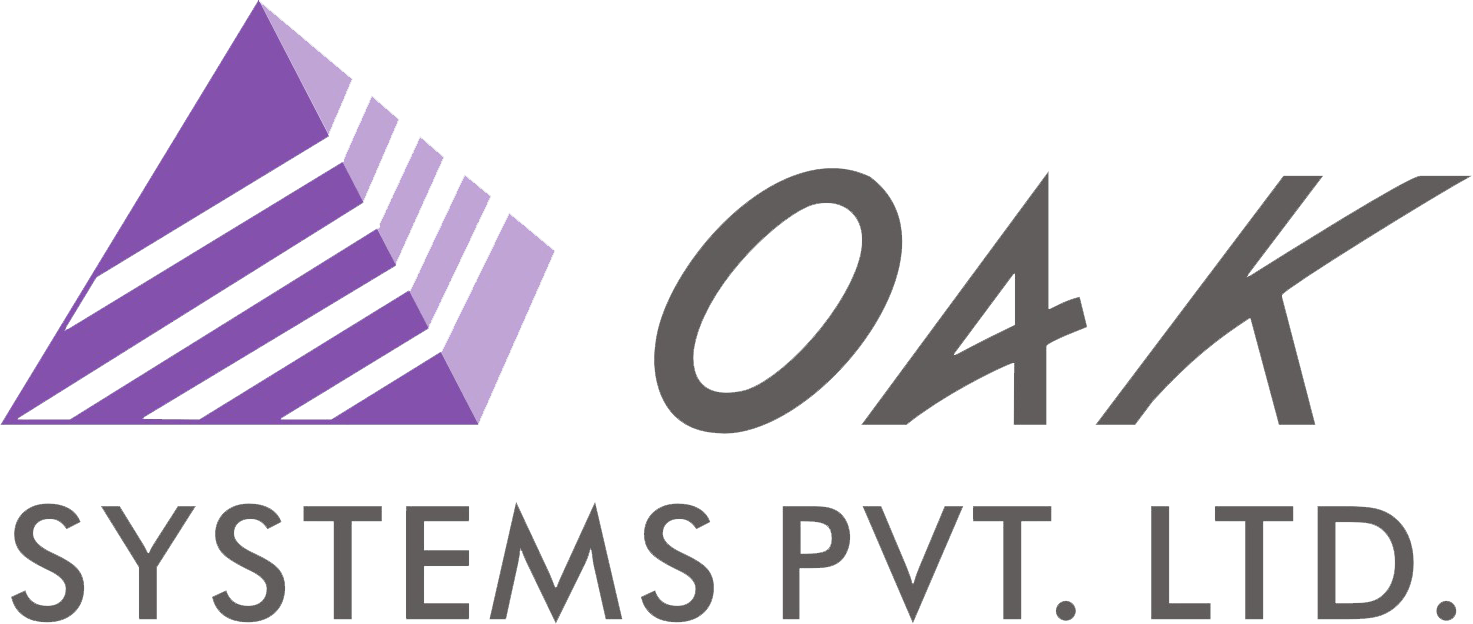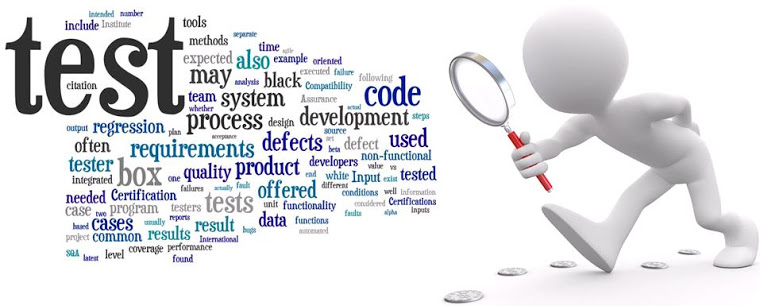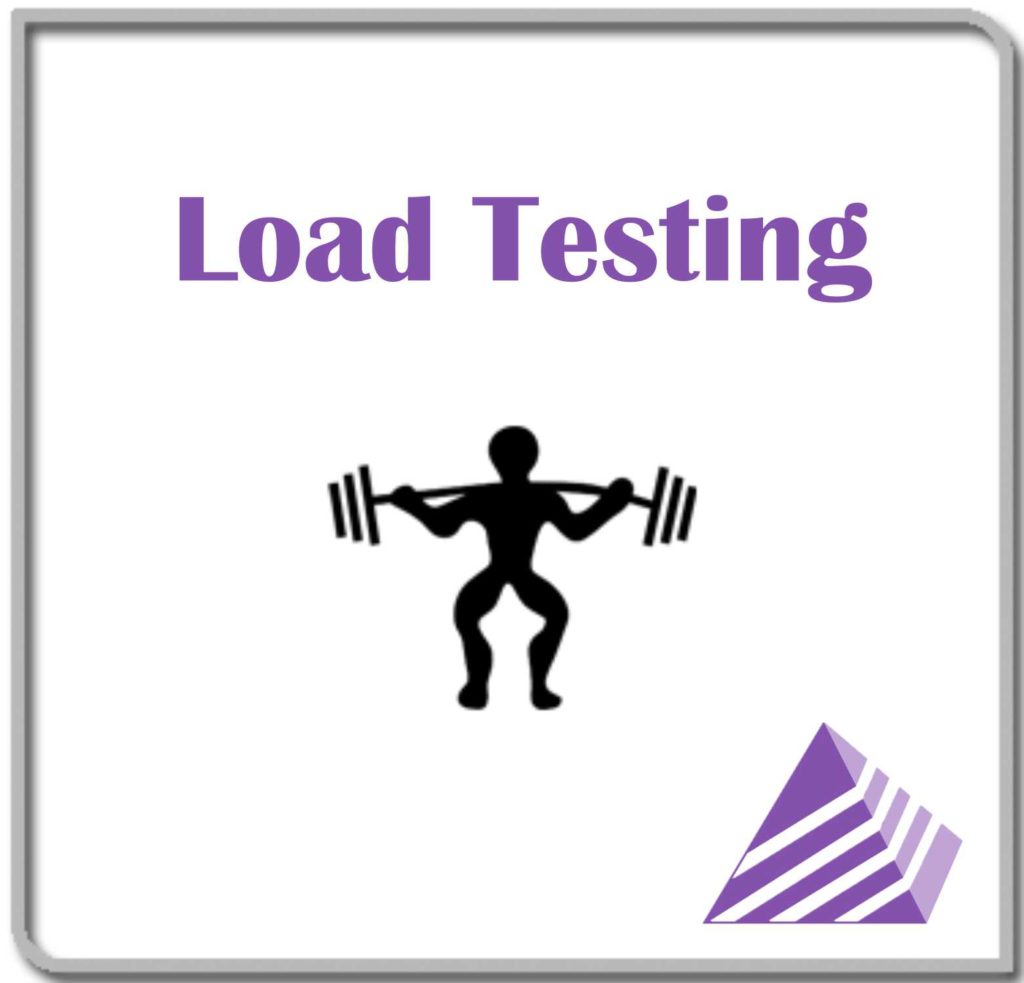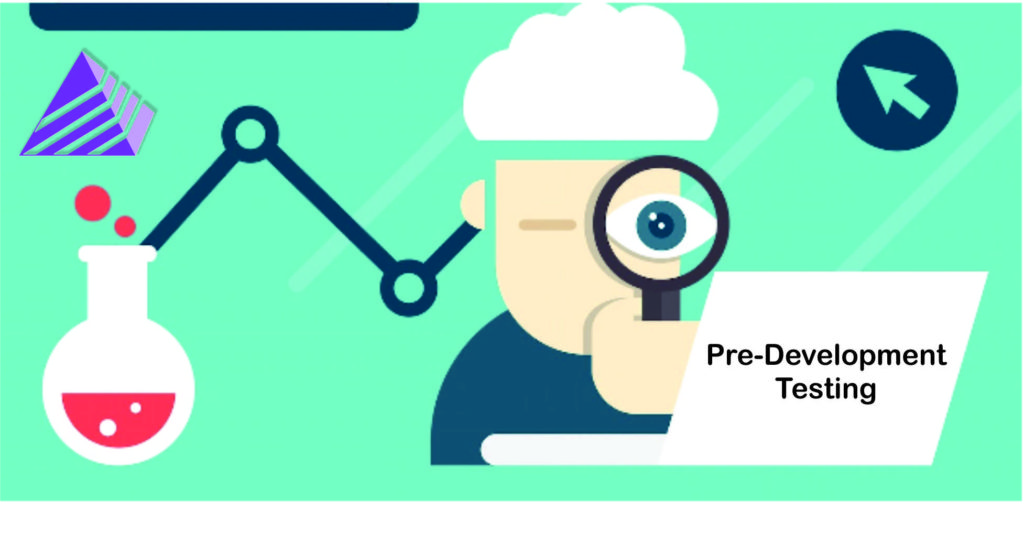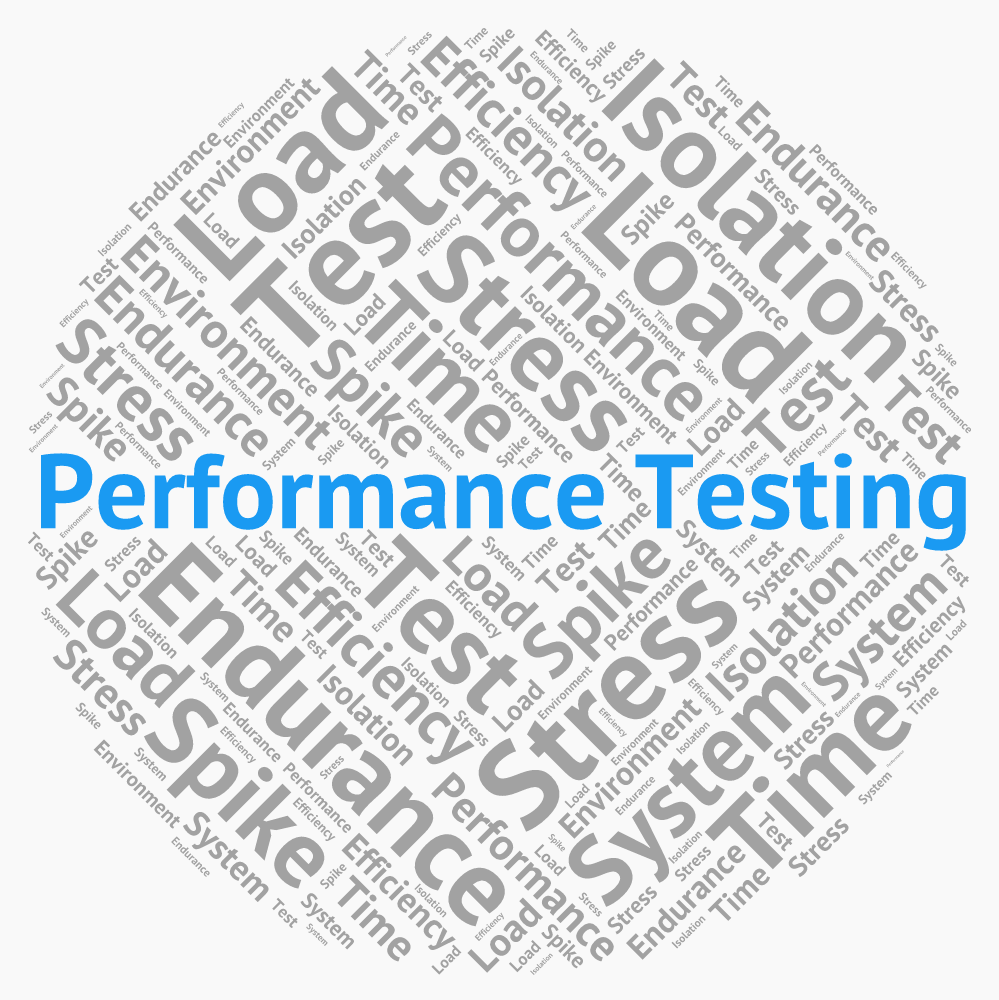Resource Center
Skills required for Software Testing Career
In this section, we would discuss what makes successful testing professional. Key skills for a tester are depicted below. 1. Domain and analytical skills-Ability to break up a complex software system into smaller units and gain understanding of functionality to create test cases. Good testers are able to optimize test coverage and test essential features
Developing the Test Strategy
The test strategy should be such that it gives the highest level of confidence in the tested product for the given objective while trying to keep the cost of the testing at the lowest. Some of the known things that are incorporated in Test Strategies include: * Earlier a bug is detected, the cheaper it
Need for Load Testing
There are many types of load testing, each of which performs a given function. For example, some load tests might test peak stress levels for an entire application by simulating the maximum expected number of visitors to a website. Others might maintain a ’steady state’ of users for days or weeks, looking for memory leaks.
Key challenges in Software Testing process and suggested best practices
Key challenges in testing process and some ideas to bring in efficiencies in these elements to improve testing process – * Time taken in Test Case Generation – Test case generation consumes 40-45 percent of the testing effort. Recommendations Efficient and complete test cases ensure efficiency of the test process. Automating the test case generation
Key challenges in Pre-Development Testing
There are some key challenges in pre-development testing which include the following; 1. Adopting the verification and validation talked to be taken SDLC model is a challenge if sufficient care is not taken. Recommendation Test planners need to understand the development plans and adopt the test life cycle in tune with the development life cycle.
Software Testing Process
To remove defects effectively, at the earliest possible stage and at lowest cost, Software Development, Acquisition or supply involve both verification and validation activities. The focus of validation activities is on actual testing (unit, system, integration, and acceptance Testing) rather than review/inspections. This process is followed for all types of testing, namely – Unit, Integration,
Test Management and Need for Test Automation
Good testing practices start with test management. Test management needs to focus on centralizing information for easy access across developers, testers, managers,etc, establishing trace ability links across various test artifacts and other top level artifacts. Each iteration of code needs to be tested. The challenge for testers is to keep pace with the code churn
Software Testing using the Cloud
We would like to test a software, for which we need to setup a test environment. The test environment would consist of requisite hardware- software infrastructure as well as the necessary automated test tools. It is a known fact that, in many cases, the cost of setting up the test environment and effort/time needed to
Web Application Performance Testing
Maintaining optimum web application performance is a top priority for application developers and administration. Load testing enables them to do this in several ways, such as follows; * By predicting the performance of the web application through intensifying the load artificially * By predicting future capacity shortcomings * By determining the most cost-effective way to
Test Automation in agile projects
There is enormous scope for automation in agile projects. Following are some of the areas that benefit from test automation – Test-ware Generation – (Test Data and Test Scripts Generation). Automation tools can create specialized test data such as sample email messages, databases, or combinations of parameters required to be covered in tests. Configuration Management





